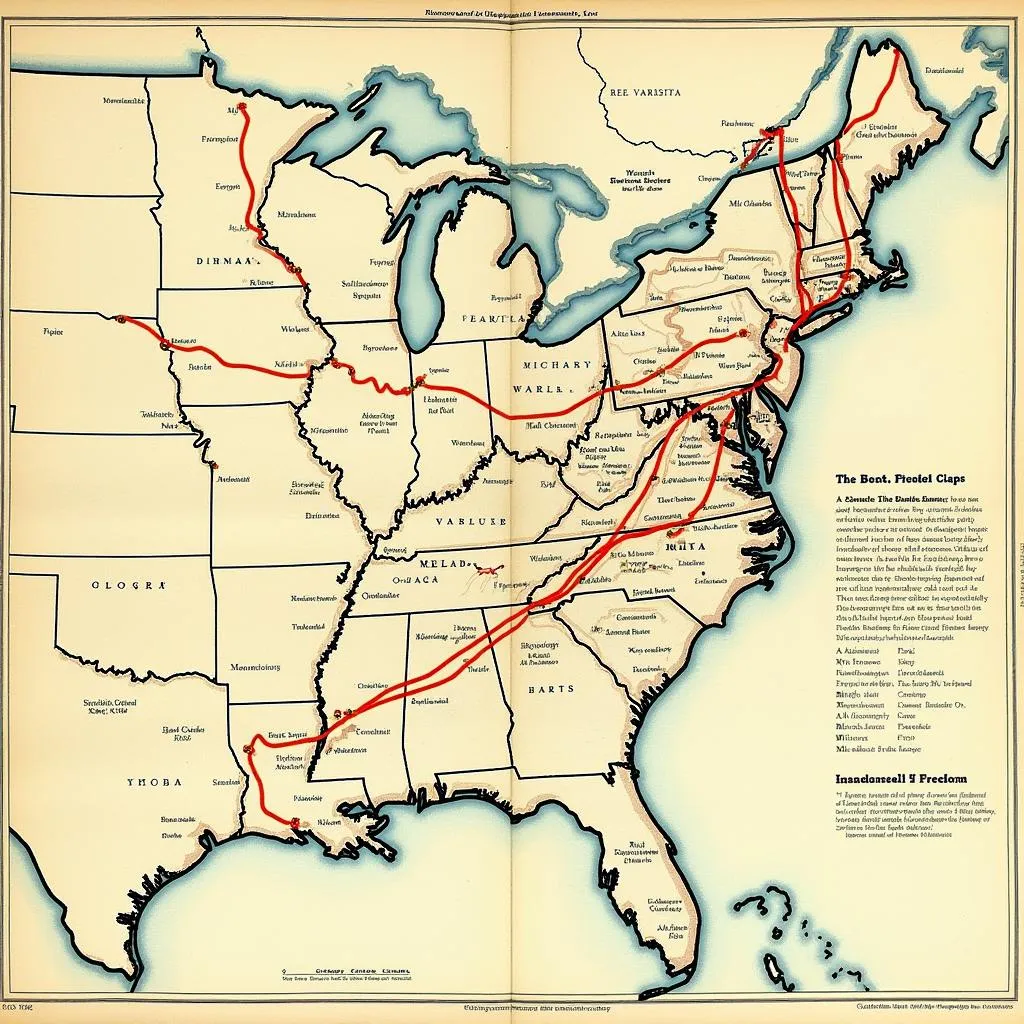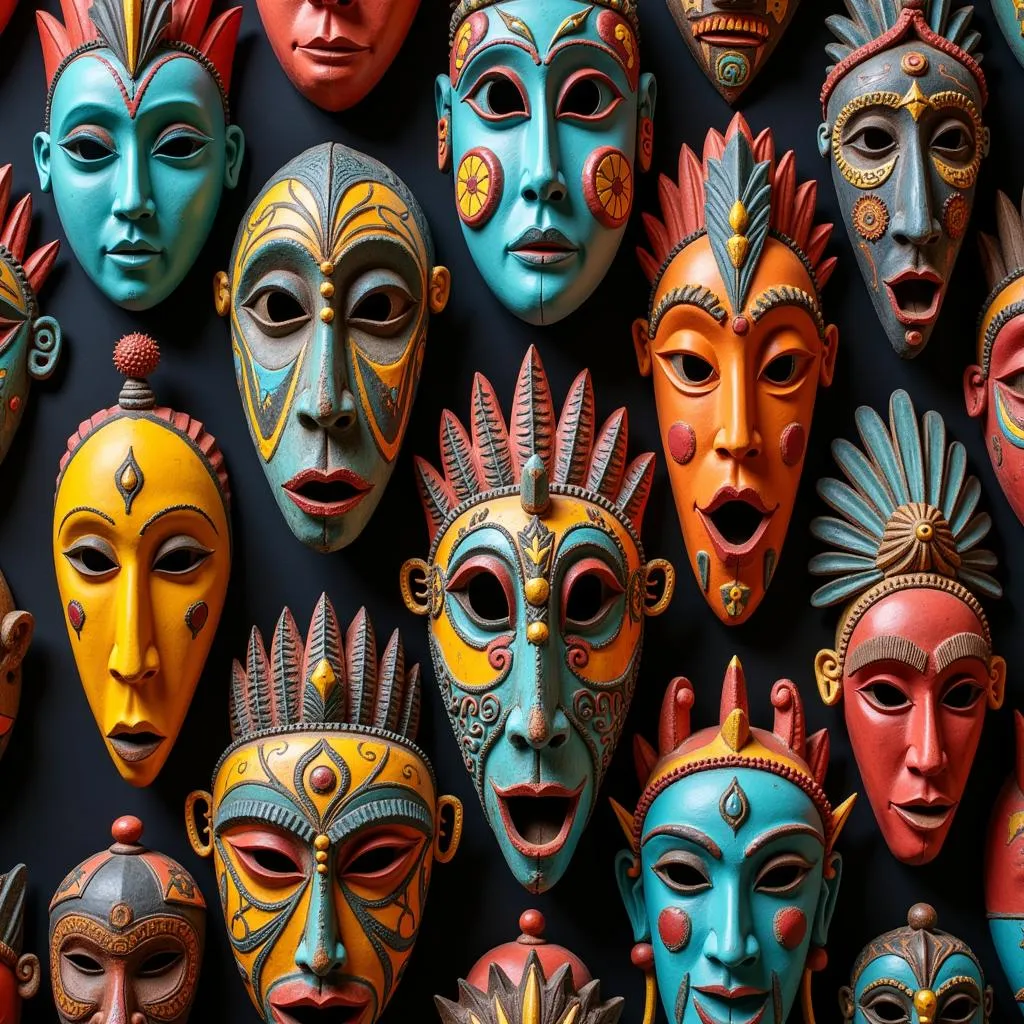African American Abolitionist Meaning: Understanding the Fight for Freedom
The term “African American abolitionist” refers to the courageous Black men and women who dedicated their lives to ending the brutal system of slavery in the United States. These individuals, born into a society that treated them as property, rose above unimaginable circumstances to demand recognition of their humanity and fight for the liberation of their people. Their tireless efforts, marked by resilience, sacrifice, and unwavering belief, played a pivotal role in dismantling slavery and shaping the course of American history.
The Essence of the Abolitionist Movement: More Than Just Ending Slavery
While the primary goal of the abolitionist movement was to abolish slavery, the term “African American abolitionist” holds a deeper meaning. It speaks to the agency, strength, and intellectual prowess of Black individuals who refused to accept their subjugation. They were not passive recipients of freedom; they were active agents in their own liberation. Through their writings, speeches, and organized efforts, they challenged the racist ideologies that fueled slavery, exposing its inherent cruelty and injustice.
 African American Abolitionist Meeting
African American Abolitionist Meeting
Voices of Resistance: Highlighting Prominent Figures
The abolitionist movement was spearheaded by iconic figures like Frederick Douglass, a powerful orator and writer who escaped slavery and became a leading voice for abolition. Sojourner Truth, a formerly enslaved woman, captivated audiences with her powerful speeches advocating for both abolition and women’s rights. Harriet Tubman, a conductor on the Underground Railroad, risked her own freedom repeatedly to guide countless enslaved people to safety.
Diverse Tactics in the Fight for Freedom
African American abolitionists employed a variety of methods to combat slavery. They established newspapers like “The North Star” founded by Frederick Douglass, to disseminate anti-slavery messages and provide a platform for Black voices. They organized clandestine networks like the Underground Railroad, offering safe passage for enslaved people fleeing to free states and Canada. They participated in political activism, lobbying for anti-slavery legislation, and even engaged in armed resistance, as exemplified by Harriet Tubman’s work with the Union Army during the Civil War.
 Map of the Underground Railroad Network
Map of the Underground Railroad Network
The Enduring Legacy: Impact Beyond Abolition
The impact of African American abolitionists extends far beyond the abolition of slavery. Their unwavering pursuit of justice laid the groundwork for the Civil Rights Movement of the 20th century. Their courage in challenging racial inequality continues to inspire activists fighting for social justice today.
“The fight for freedom is a relay race,” notes Dr. Anika Johnson, Professor of African American History at Howard University, “and the baton was passed from one generation to the next. The sacrifices and achievements of African American abolitionists paved the path for the ongoing struggle for equality.”
Conclusion: Remembering and Honoring their Legacy
Understanding the meaning of “African American abolitionist” is crucial to understanding the history of the United States and the ongoing fight for racial equality. These individuals were not simply fighting against slavery; they were fighting for the fundamental right to exist as free and equal human beings. Their stories are a testament to the indomitable spirit of those who dare to challenge injustice and demand a better future. Their legacy serves as a constant reminder that the pursuit of justice requires unwavering commitment, unwavering courage, and an unwavering belief in the inherent dignity and worth of all people.


